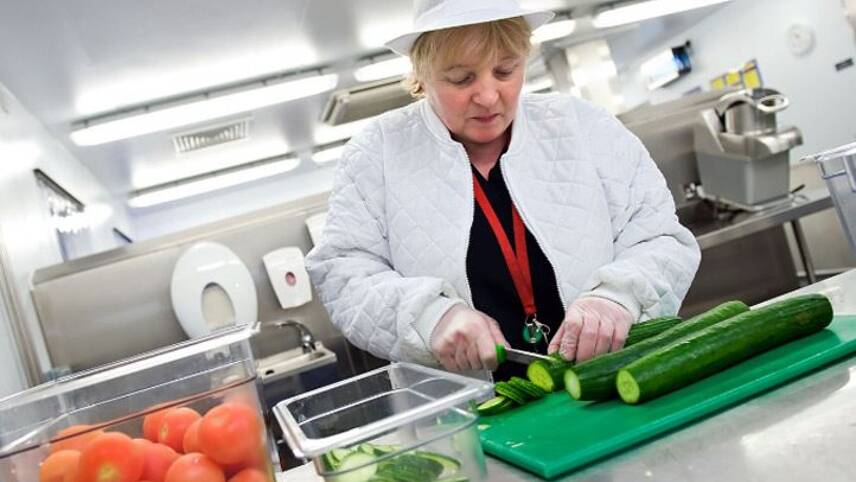Register for free and continue reading
Join our growing army of changemakers and get unlimited access to our premium content

In 2018
The body said in a statement that it will remove “avoidable” plastic straws and drinks stirrers from April 2020, with the phase-out to be extended to “avoidable” cutlery, plates and cups before April 2021.
During 2018, these items accounted for the majority of the 200+ million plastic items used across NHS England’s catering. The 12-month period saw the organisation order more than 163 million plastic cups, 16 million pieces of plastic cutlery, 15 million straws and two million stirrers.
NHS Supply Chain – the organisation which manages NHS England’s food and health products – confirmed this weekend that it will accept the health service chief’s new plastics targets.
Food firms with numerous outlets at NHS England’s hospitals, including Greggs, Boots, Marks & Spencer (M&S) and WHSmith, have also agreed to work with the organisation on its plastics goals. NHS England is now striving to bring other key partners on board.
“It’s right that the NHS and our suppliers should join the national campaign to turn the tide on plastic waste; doing so will be good for our environment, for patients and for taxpayers who fund our NHS,” NHS England’s chief executive Simon Stevens said.
Long Term Plan
The initial removal of straws and stirrers has been timed to coincide with the UK Government’s national ban on the sale and distribution of these items. The only exceptions to the new rule will be for people with a medical need or disability, for whom plastic straws and other materials will be available upon request.
The wider plastics phase-out is being badged as a component of NHS England’s Long Term Plan – its policy document on improving patient services, health, safety and sustainability over the coming decades.
On sustainability, the Plan details investment for low-carbon buildings; measures to end over-prescription and cut medicine waste; commitments to reduce fleet miles and introduce low-emission ambulances; and, on plastics, a promise to reduce the waste produced by the use of consumables such as rubber gloves, plastic medicine pots and flexible packaging for tablets and surgical instruments, while maintaining current levels of sanitation.
However, few of these aspects of the plan have been attached to time-bound, numerical targets as of yet.
Nonetheless, NHS England was keen to emphasise that several parts of its operations have been leading the drive to eliminate “unnecessary” single-use plastics without targets. Yorkshire Ambulance Services NHS Trust, for example, has removed plastic milk bottles, soft drinks bottles and cutlery from its canteens altogether, while Sheffield Teaching Hospitals NHS Foundation Trust and The Newcastle upon Tyne Hospitals NHS Foundation Trust are also completing item-specific plastics phase-outs in their catering operations.
Sarah George


Please login or Register to leave a comment.